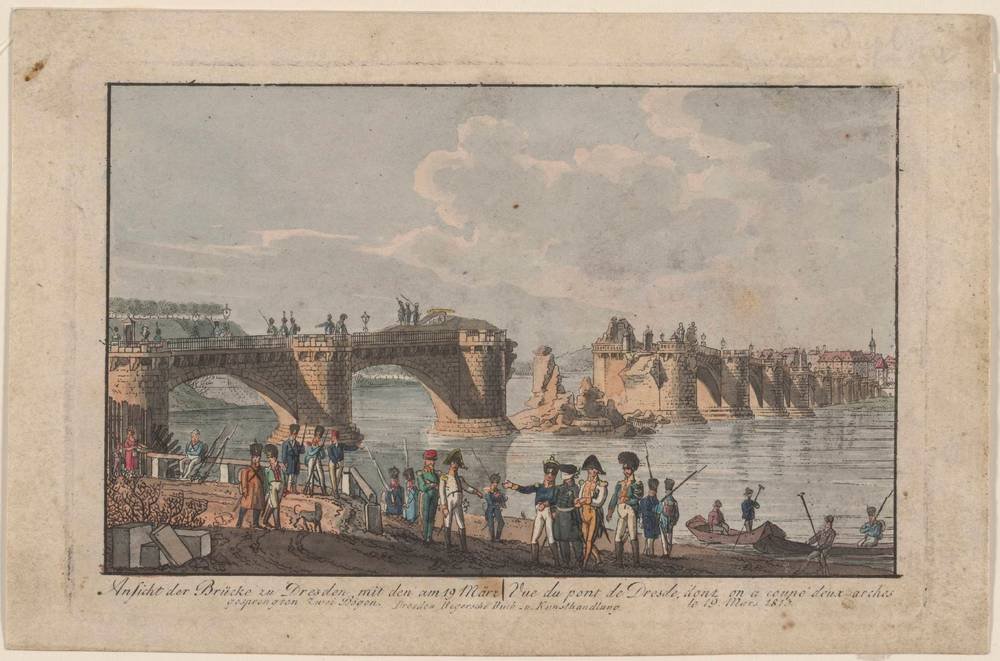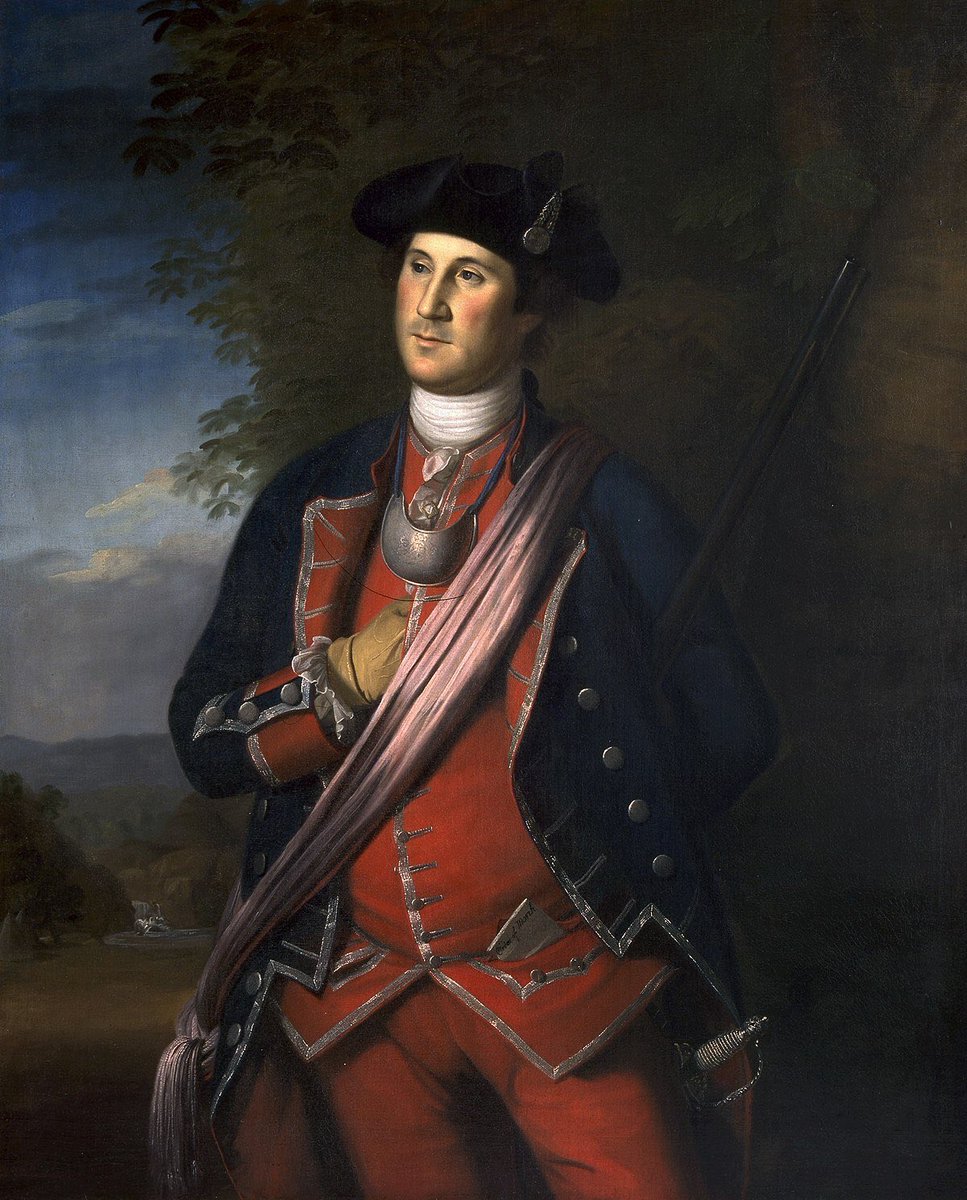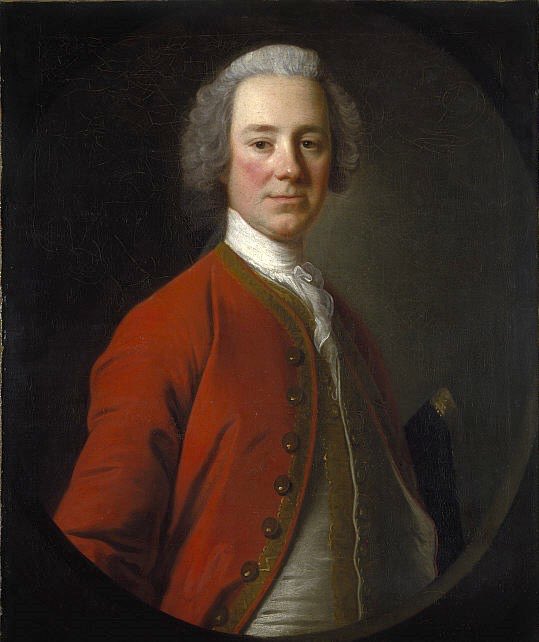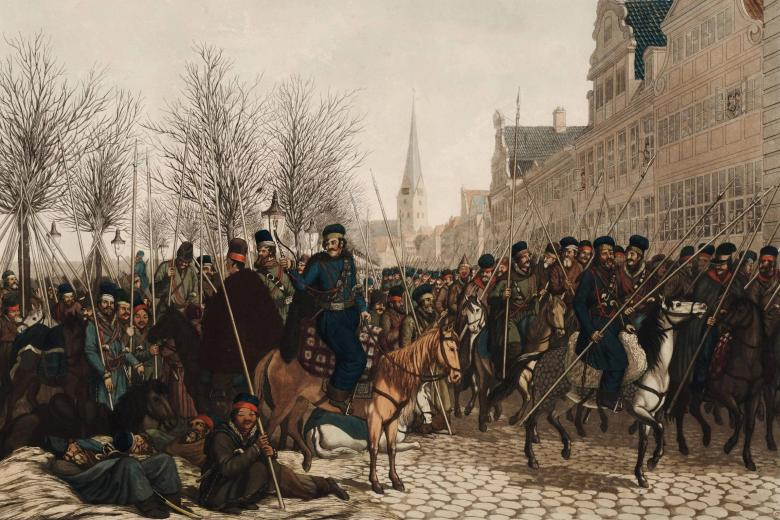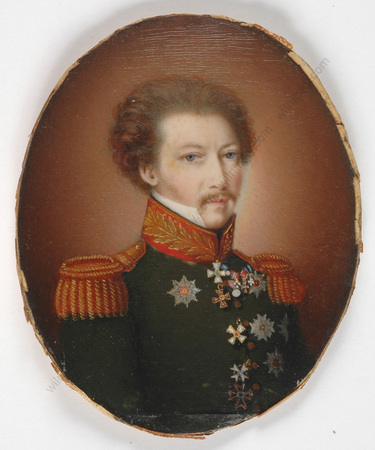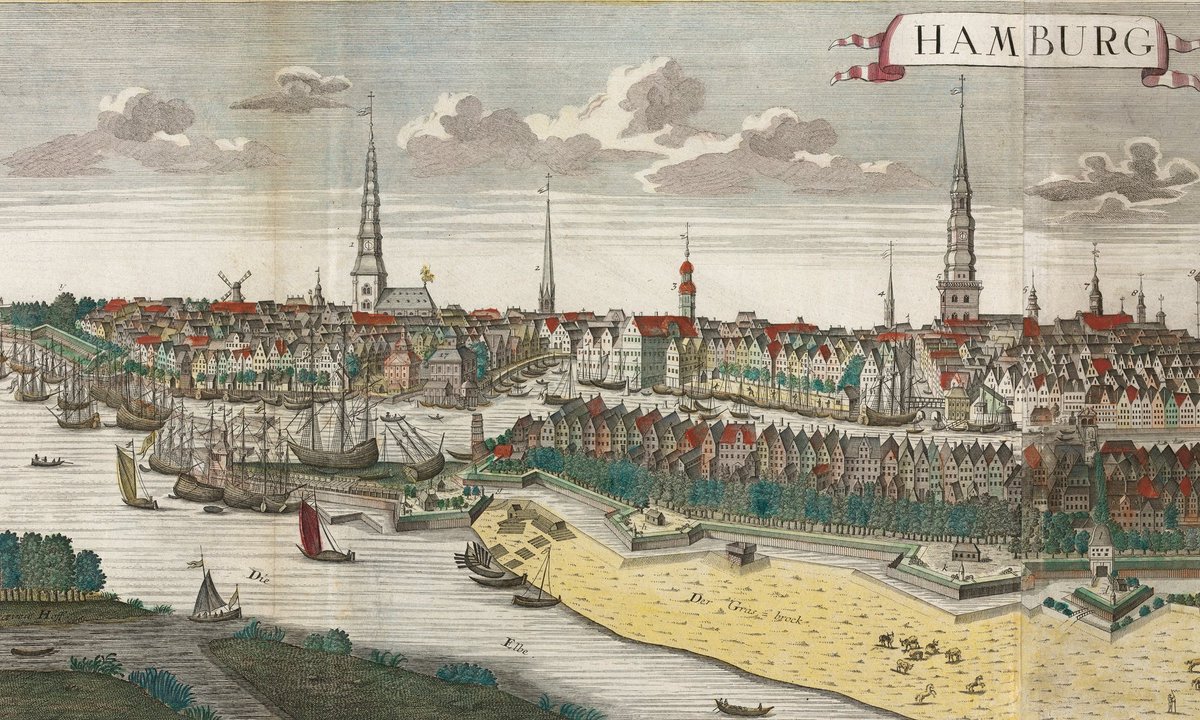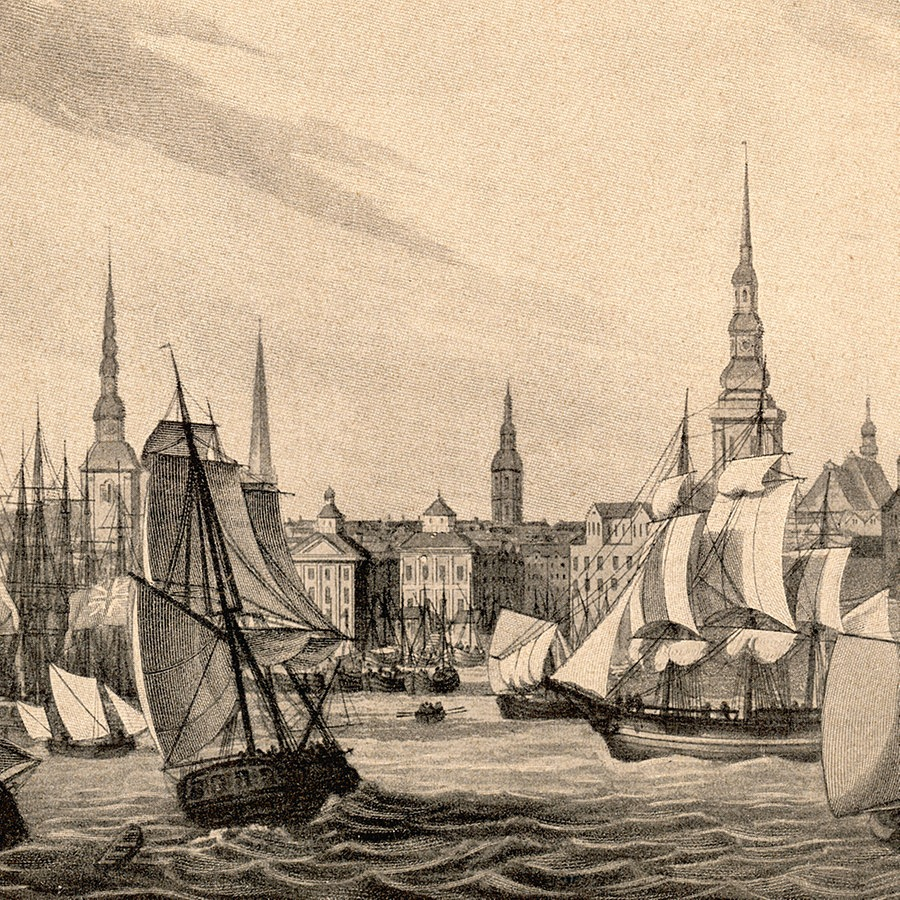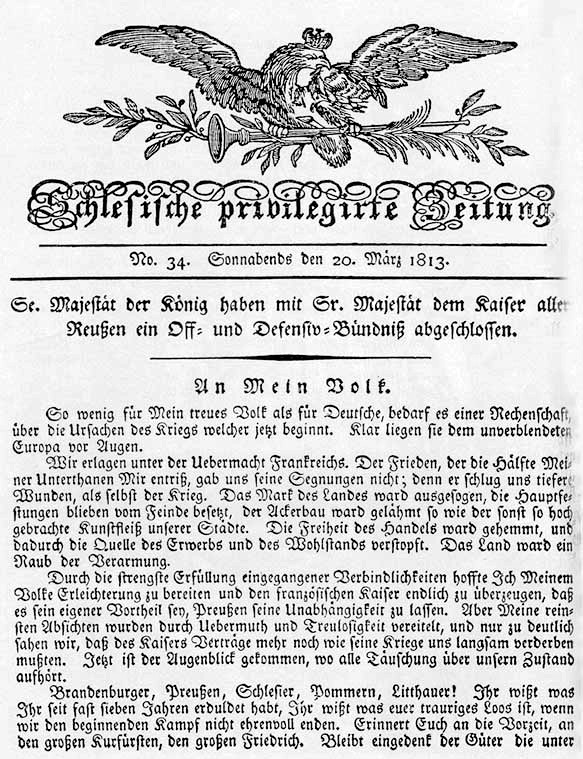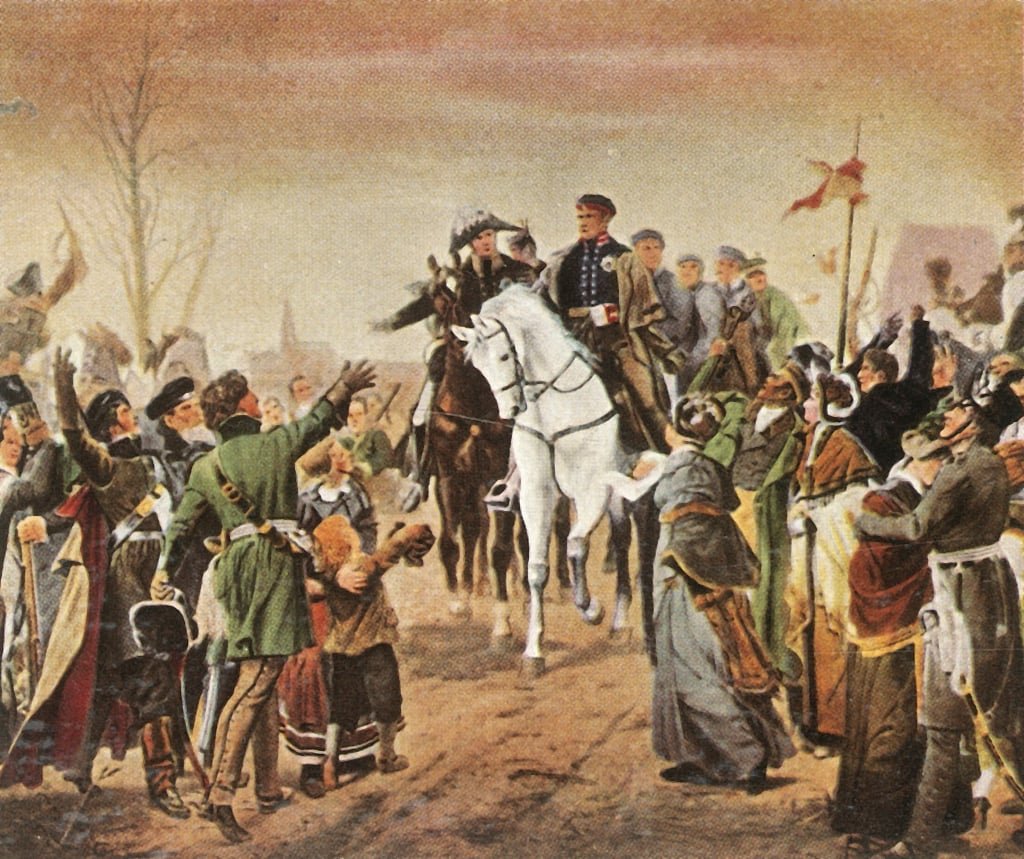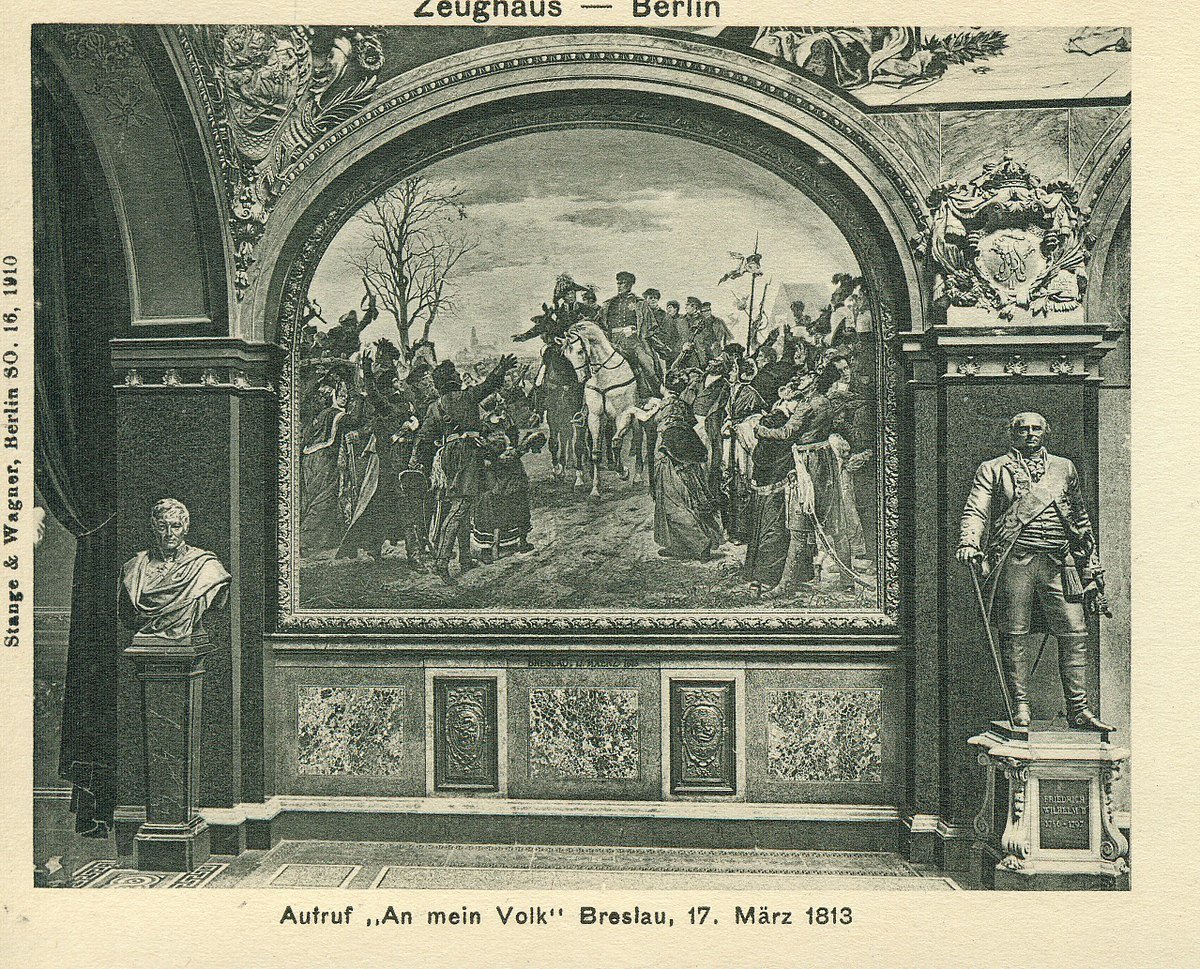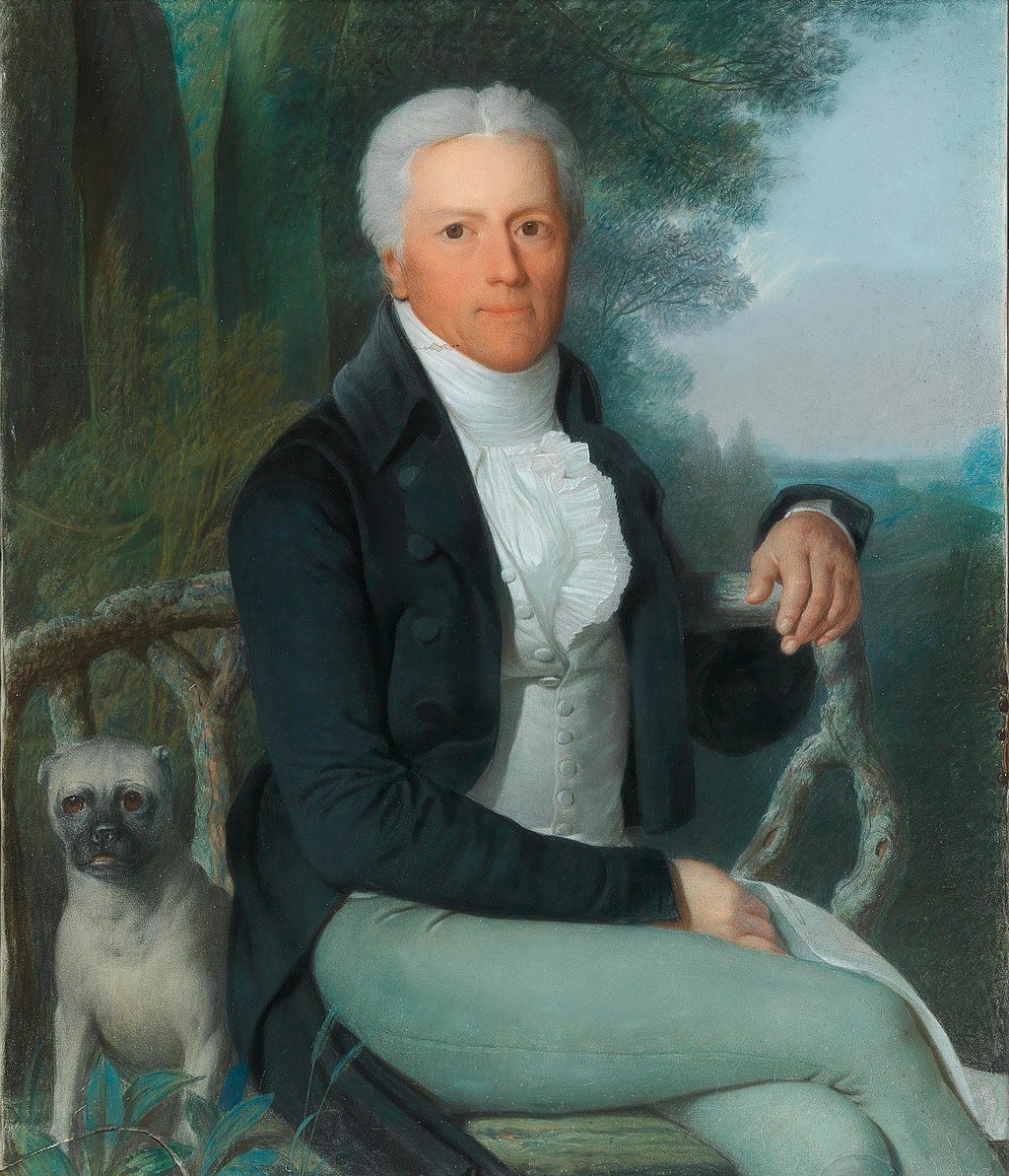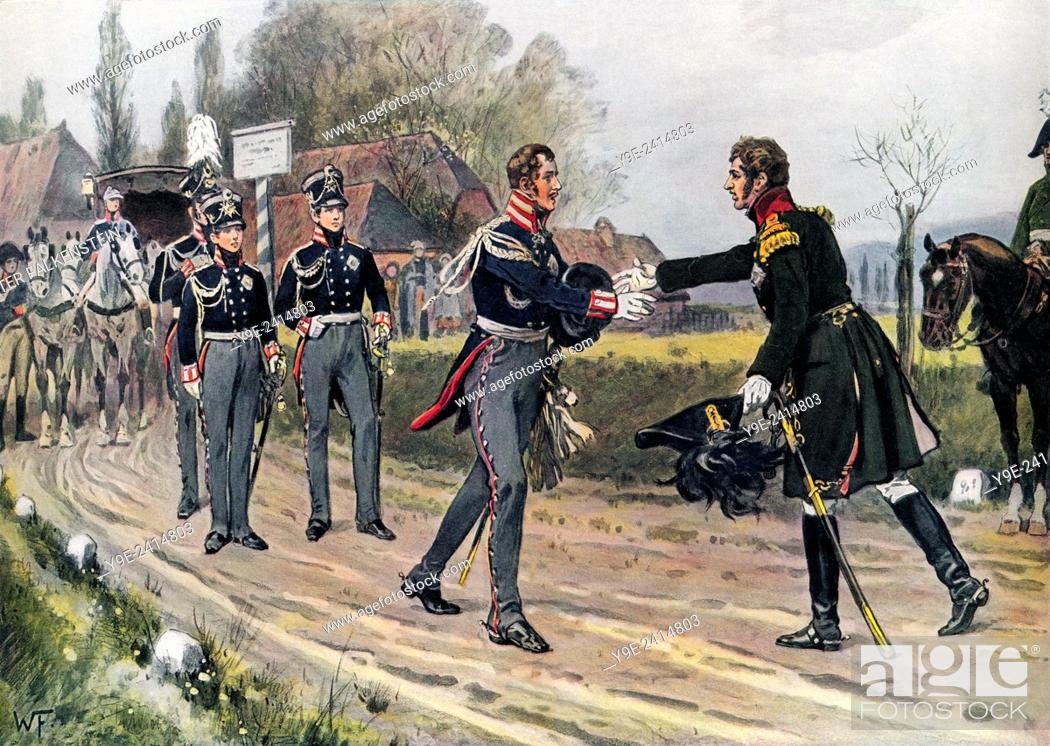
#OTD #Onthisday 17 March, 1813, Eugene ordered Davout to evacuate Dresden to prioritize the defense of the Magdeburg-Wittenberg line, leaving Reynier's corps dangerously stranded.
Narbonne arrived in Vienne to make the last attempt to mend the Franco-Austrian relations.
Narbonne arrived in Vienne to make the last attempt to mend the Franco-Austrian relations.
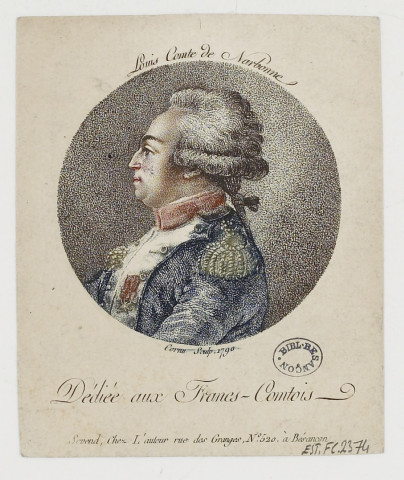
On the day when the Prussian king declared the war of German liberation, Hortense was hosting a ball in Paris. Castellane, one of the attendants, wrote:
"I wasn't the only one there with my arm in a sling. Circumstances are not cheerful for dancing."
(Castellane)
"I wasn't the only one there with my arm in a sling. Circumstances are not cheerful for dancing."
(Castellane)
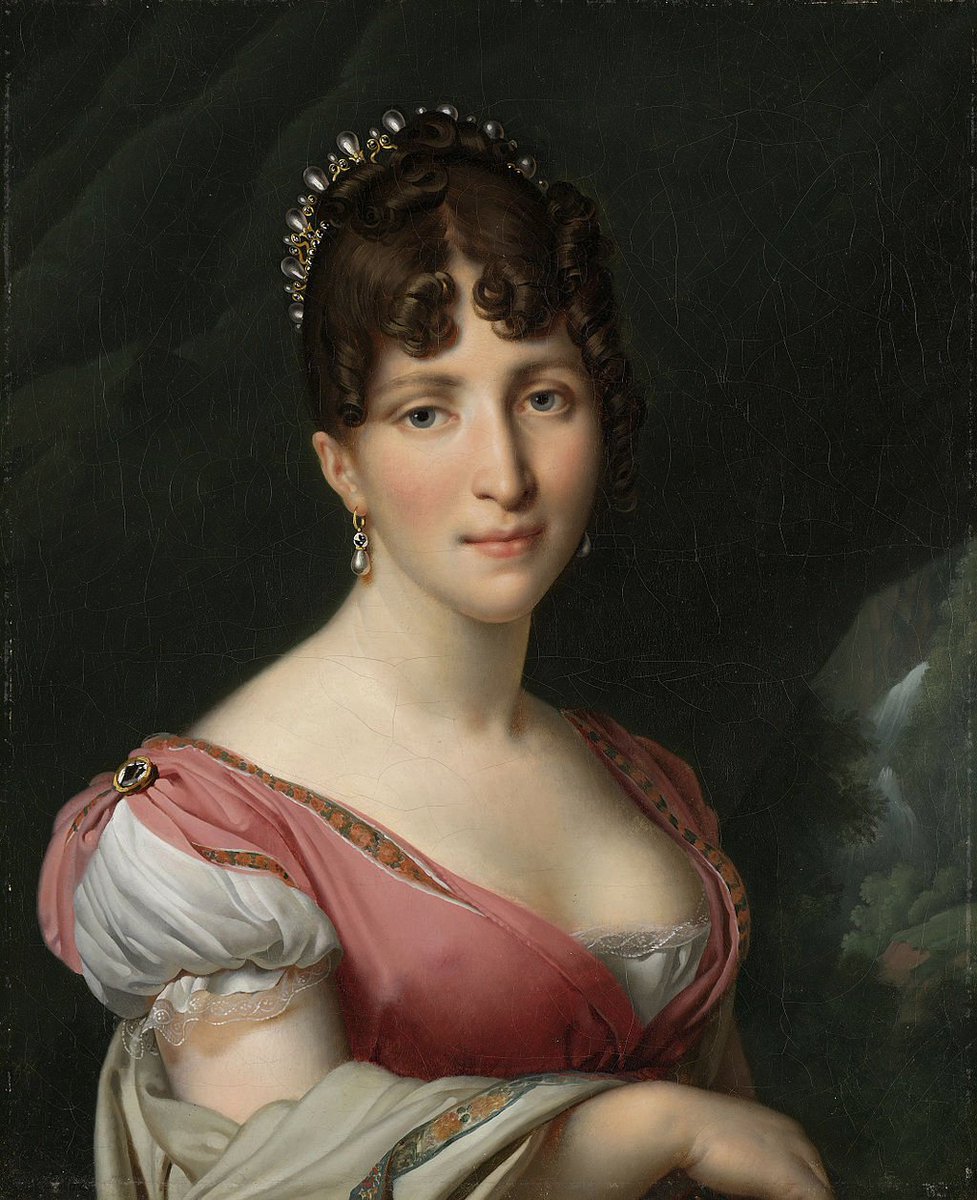
Queen Catharina of Württemberg, wife to Jerome, arrived in Compiègne to seek protection from the impending war. Napoleon was mildly surprised, for he had thought she would be sent away "if the bulk of the enemy army had arrived in Berlin or Dresden," 
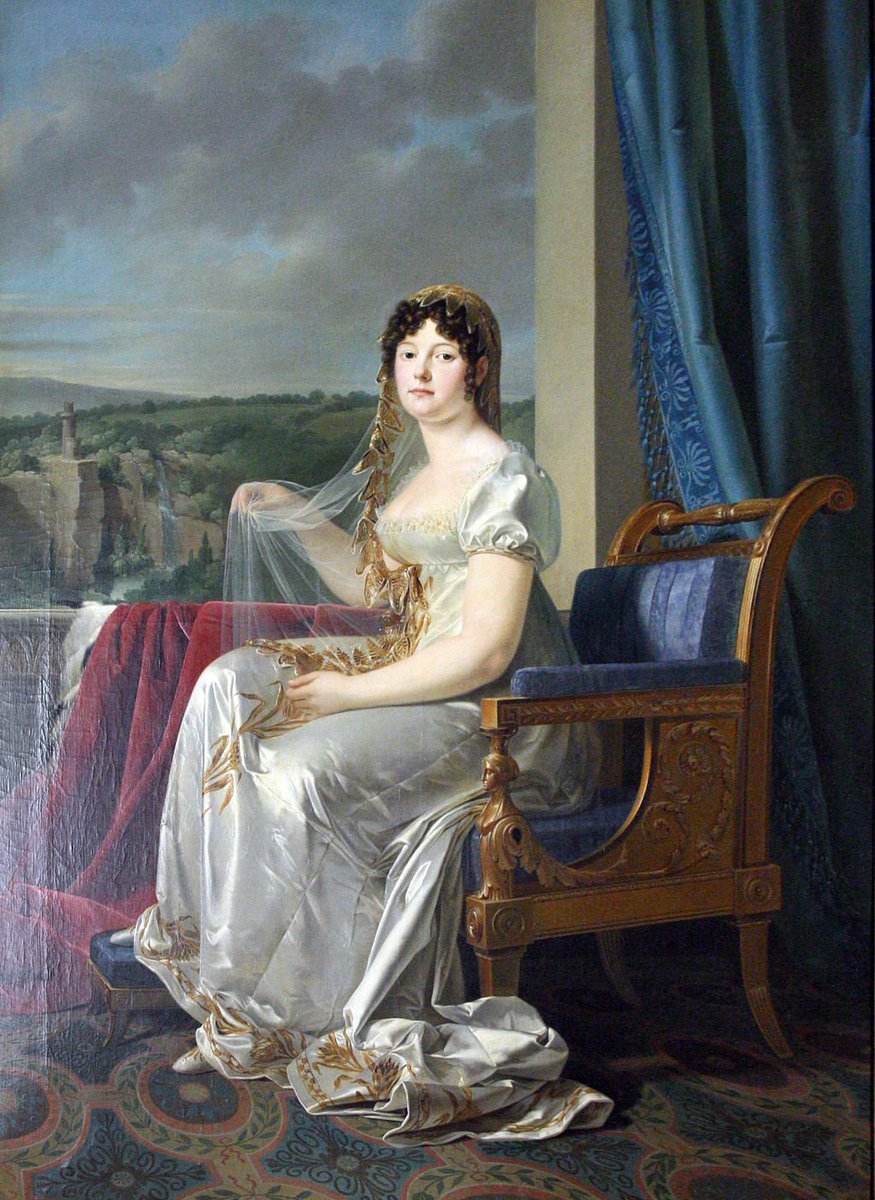
with either Alexander or Kutuzov. Nevertheless, Napoleon wished his sister-in-law a pleasant stay, and regretted not being able to pay her a visit.
He was too preoccupied with the reports from Hamburg.
(Napoleon to Catharina, 17 March 1813; Correspondences, 19726)
He was too preoccupied with the reports from Hamburg.
(Napoleon to Catharina, 17 March 1813; Correspondences, 19726)
At 4 p.m., he wrote to Eugene:
"My son, I am sending you two bulletins from Hamburg; they must be crazy in this country. All these alarms come from General Lauriston. I do not see how, when one has 80,000 men in Magdeburg, one can have these worries in Hamburg."
"My son, I am sending you two bulletins from Hamburg; they must be crazy in this country. All these alarms come from General Lauriston. I do not see how, when one has 80,000 men in Magdeburg, one can have these worries in Hamburg."
According to those reports, about 200 Cossacks were roaming around harrassing the French troops.
"I hope, at last, that you will have felt the necessity of occupying a camp within Magdeburg," wrote he.
Napoleon decided that it was time to send Davout to control the situation.
"I hope, at last, that you will have felt the necessity of occupying a camp within Magdeburg," wrote he.
Napoleon decided that it was time to send Davout to control the situation.
If Hamburg is lost, it would "probably attract landings by the English, the Swedes, and perhaps even the Russians" who, if headed for Dresden, would leave Eugene "without a line of operation."
Napoleon wondered why it was taking so long for Morand to get across Pomerania.
Napoleon wondered why it was taking so long for Morand to get across Pomerania.
His delay was also causing potential losses for the 32nd division in Westphalia.
"All of these can be secured by an offensive position in front of Magdeburg. All the remounts [for the 32nd]...here they are lost! Here are your means of cavalry paralyzed...by 2 to 300 men!!"
"All of these can be secured by an offensive position in front of Magdeburg. All the remounts [for the 32nd]...here they are lost! Here are your means of cavalry paralyzed...by 2 to 300 men!!"
The most important garrison in the vicinity of Magdeburg was Wittenberg, the bridgehead of which was to be guarded by the Polish and Bavarian troops optionally reinforced by two battalions of the II Corps. None of the Elbe Corps or the XI Corps were to be diverted to there.
Contrary to Napoleon's intentions to send Davout to Hamburg, Eugene ordered the marshal to Wittenberg. He would move with the six battalions of the I Corps, the 31st division, and the Poles under Dombrowski.
(Nap to Eugene, Corr., 19726-7; Eugene to Nap, Memoires)
(Nap to Eugene, Corr., 19726-7; Eugene to Nap, Memoires)
He left an order for Reynier, to be left alone in Dresden, "to blow up the bridge in Dresden, in case he should be forced to withdraw successively via the Mulda, the Elster, the Saale, the Unstruk... to cover the road to Cassel via Langensalza."
(Eugene, Ibid)
(Eugene, Ibid)
In the evening, General Flahaut arrived from Paris to serve as aide-de-camp to Eugene. The viceroy also received a dispatch from Lauriston, through which he discovered that Carra St. Cyr had crossed the Elbe without waiting for Morand. 
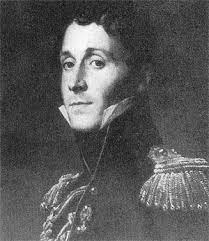
He reprimanded the general for being so impatient. However, it was not only St. Cyr's misconduct but also Eugene's own delay in ordering Morand to Hamburg and Ewald's blockade of the passage which were obstructing the maneuver.
(Eugene; Charras)
(Eugene; Charras)
Davout, meanwhile, met Count Gottorp, a Saxon royal, whom he advised to "keep himself farther off from the theater of war."
In hindsight, both he and Eugene had too much trust on Reynier, who had been unusually lethargic for the past few days.
(Ibid)
In hindsight, both he and Eugene had too much trust on Reynier, who had been unusually lethargic for the past few days.
(Ibid)
Narbonne arrived in Vienne without much hope. Neither did Metternich look forward to anything, for, the more vocal the French demands for reapproachment became, the clearer Napoleon's state of desperation appeared to be.
On this day, Metternich gave Emperor Franz's reply to Humboldt's letter from the 13nd, containing the details of the Treaty of Kalisch.
Breaking a month of silence, he had let Metternich tell the Prussian ambassador:
Breaking a month of silence, he had let Metternich tell the Prussian ambassador:
"...[the Emperor] believes that there is no better way of proving the perfect reciprocity of his feelings of friendship and confidence for the [Prussian] King than by charging the undersigned to instruct Monsieur Baron de Humboldt, with the same confidentiality,
to declare that His Imperial and Royal Majesty, in circumstances so important for Prussia and all of Europe, does not cease to thoroughly share with the King his utmost conviction of the unity of interests of the two powers,
and that the Emperor cherishes the sincere of wishes that the new ties of alliance the King has just contracted with Russia, immediately returns Prussia to a state of strength and prosperity best suited to securing the maintenance of its independence."
Franz also suggested that Austria may break out of its neutrality in the right moment, thus reassuring Alexander that his ongoing miscommunication with Lebaltzern will not hinder the alignment between Russia, Pussia, and Austria.
(Metternich to Humboldt, 17 March 1813; Oncken)
(Metternich to Humboldt, 17 March 1813; Oncken)
-The END-
@threadreaderapp Unroll
• • •
Missing some Tweet in this thread? You can try to
force a refresh


